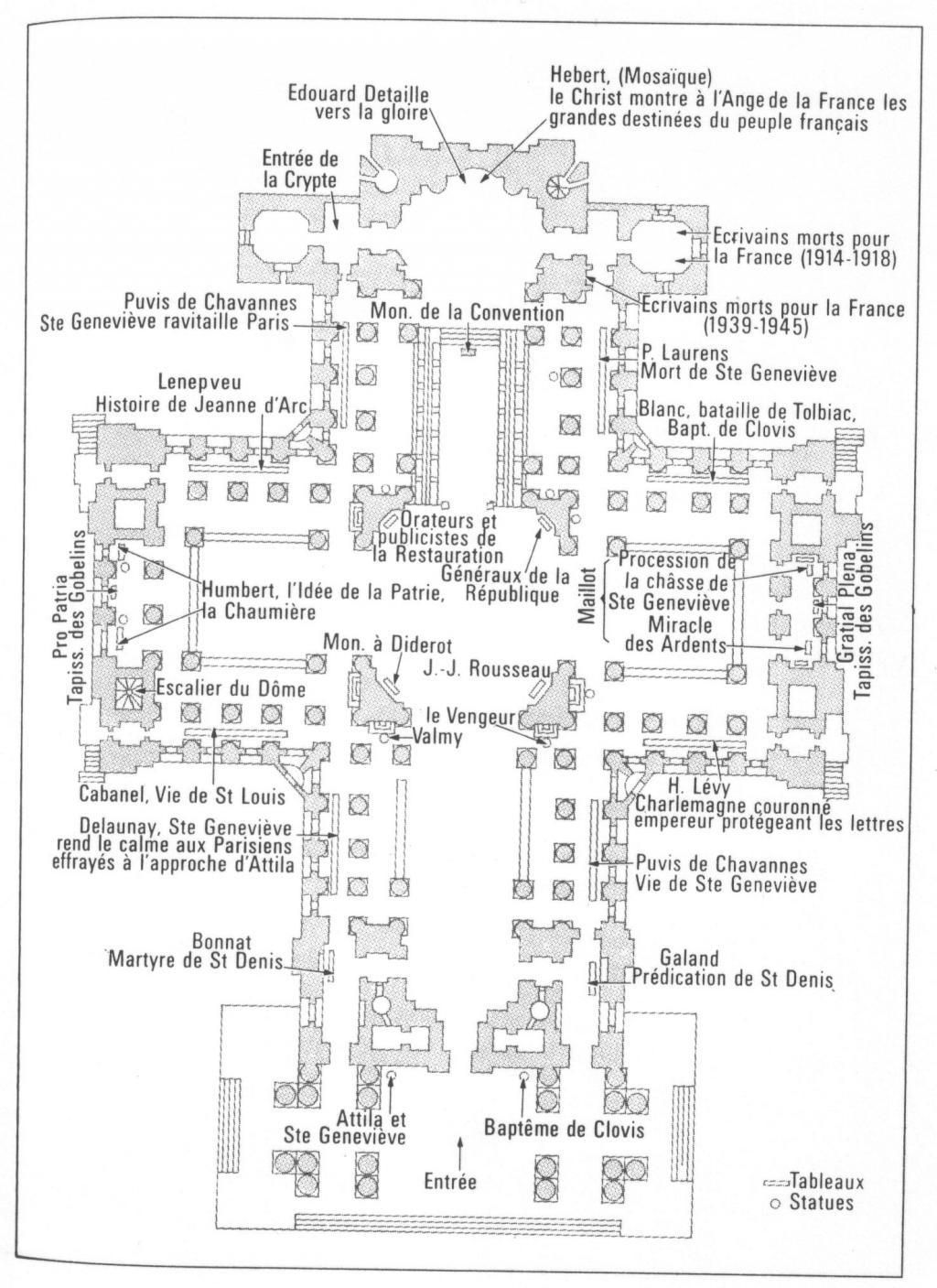Victor Hugo
Birth Name:
Victor-Marie Hugo
Birth Date:
February 26, 1802
Birth Place:
140 Grande Rue, 25000 Besançon, France
Death Date:
May 22, 1885
Place of Death:
6 Place des Vosges, 75004 Paris, France
Age:
83
Cause of Death:
Pneumonia
Cemetery Name:
Le Panthéon
Claim to Fame:
Writers and Poets
Victor Hugo is considered to be one of the greatest and best-known French writers. Outside France, his most famous works are the novels Les Misérables (1862), and The Hunchback of Notre-Dame (1831). In France, Hugo is renowned for his poetry collections, such as Les Contemplations (The Contemplations) and La Légende des siècles (The Legend of the Ages). Hugo was at the forefront of the Romantic literary movement with his play Cromwell and drama Hernani. He produced more than 4,000 drawings in his lifetime, and campaigned for social causes such as the abolition of capital punishment.
Cemetery Information:
Grave Location:
CryptGrave Location Description
Enter through the main entrance, and go straight all the way to the back of the building. There will be a sign pointing left to go to the Crypt. Follow the signs and go down the staircase to the Crypt. In the Crypt, equal in size to the main hall above, though with space consumed by structural elements, you’ll see the tombs for Alexandre Dumas and Emile Zola along with Victor Hugo in the same alcove. Victor Hugo will be on the left, Alexandre Dumas in the center, and Emile Zola on the right side of their alcove.
Grave Location GPS
48.84625, 2.34611Visiting The Grave:
Photos:
[+]
[+]
[+]
[+]
[+]
[+]
[+]
[+]
[+]
[+]
[+]
[+]
[+]
[+]
[+]
[+]
[+]
[+]
[+]
[+]
[+]
[+]
[+]
[+]
[+]
[+]
[+]
[+]
[+]
FAQ's
Victor Hugo was born on February 26, 1802.
Victor Hugo was born in 140 Grande Rue, 25000 Besançon, France.
Victor Hugo died on May 22, 1885.
Victor Hugo died in 6 Place des Vosges, 75004 Paris, France.
Victor Hugo was 83.
The cause of death was Pneumonia.
Victor Hugo's grave is in Le Panthéon
Read More About Victor Hugo:
- Wikipedia Entry
- 5 Utterly Bizarre Facts About Victor Hugo
- Victor Hugo: Five things you didn't know about the author of Les Miserables
- 20 Facts About Victor Hugo
- Juliette Drouet; The Lonely Life of Hugo’s Devoted Mistress
- A Love Letter from Exile, Victor Hugo to Juliette Drouet
- Adele Hugo: The Tragic Affair of Victor Hugo's Daughter Originated Love Fever Syndrome
- Victor Hugo: the dangerous master
- How Victor Hugo Saved Notre Dame de Paris
- Personality of Victor Hugo
- The enduring relevance of Victor Hugo
- Why to Visit the Victor Hugo House in Paris: An Inside Look
- How to visit the birthplace of Victor Hugo in Besançon
Videos Featuring Victor Hugo:
See More:
Back to Top







